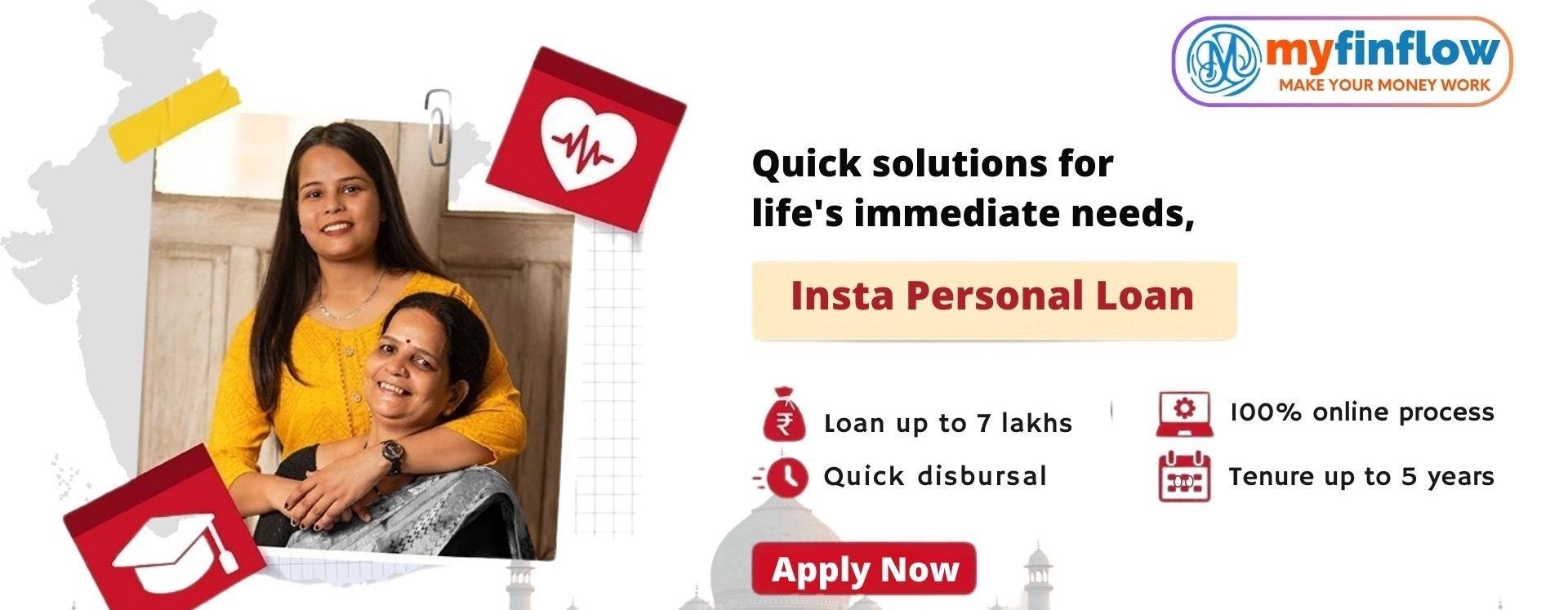SBI PM MUDRA Yojana 2025: Interest Rates, Eligibility, Loan Details & Apply Online
Apply for SBI PM MUDRA Yojana 2025 with loans up to ₹20 lakh. Check updated interest rates, eligibility, documents required, repayment tenure & instant e-Mudra loan process.
Apply Now

SBI PM MUDRA Yojana 2025: Loan Details, Interest Rates & Eligibility
SBI PM MUDRA Yojana Highlights
Interest Rate: Linked to EBLR
PMMY (Agriculture): 11.75% p.a.
Facility: Term Loan & Working Capital
Loan Amount:
Up to ₹10 lakh
Up to ₹1 lakh for SBI e-Mudra Loan
Up to ₹20 lakh (as per Budget 2024 and Gazette Notification dated 24 October 2024)
Loan Tenure:
Less than ₹5 lakh: Up to 5 years
₹5 lakh to ₹10 lakh: Up to 7 years
Processing Fee: Up to 0.50% of the loan amount
Note: Information updated as of 2 April 2025.
SBI PM MUDRA Yojana Interest Rates
SBI has not disclosed fixed interest rates for PM MUDRA Yojana loans. Rates are linked to the External Benchmark Lending Rate (EBLR). For agriculture-related PMMY loans, the interest rate is 11.75% p.a.
Loan Amount & Repayment Tenure Under SBI PM MUDRA Yojana
Loan Amount: Up to ₹10 lakh
Repayment Tenure: Up to 7 years (for loans over ₹5 lakh), and up to 5 years (for loans below ₹5 lakh)
Categories:
| Category | Loan Amount |
|---|---|
| Shishu | Up to ₹50,000 |
| Kishor | ₹50,001 to ₹5 lakh |
| Tarun | ₹5,00,001 to ₹10 lakh |
Tarun Plus: As per Budget 2024, a new "Tarun Plus" category offers loans above ₹10 lakh to ₹20 lakh for eligible, successful Tarun borrowers.
SBI e-Mudra Loan Details
Loan Amount: Up to ₹1 lakh
Repayment Tenure: Up to 5 years
Quick Loan: Up to ₹50,000 instantly based on eligibility.
For loans above ₹50,000, visiting the SBI branch is mandatory for additional formalities.
Fees & Charges for SBI PM MUDRA Yojana
| Particulars | Processing Fee |
|---|---|
| Shishu & Kishor (MSE Units) | NIL |
| Tarun | 0.50% p.a. of the loan amount |
Eligibility Criteria for SBI PM MUDRA Yojana
New and existing enterprises in manufacturing, trading, and service sectors.
Enterprises involved in allied agricultural activities.
Issuance of MUDRA RuPay Cards for all eligible Cash Credit (CC) accounts.
Margin Requirements
| Loan Amount | Margin |
|---|---|
| Up to ₹50,000 | NIL |
| Above ₹50,000 to ₹10 lakh | 20% |
Collateral Requirements
Collateral: NIL (guaranteed by Credit Guarantee Fund for Micro Units - CGFMU)
Primary Security:
Term Loans: Hypothecation of Plant & Machinery
Working Capital Loans: Hypothecation of Stocks & Receivables
SBI e-Mudra Loan Eligibility
Applicant must be a micro-entrepreneur.
Should have an SBI Savings/Current account with minimum 6 months of operation.
Documents Required for SBI PM MUDRA Yojana
SBI has not specified the complete document list. Visit your nearest branch for exact details.
Documents generally required for SBI e-Mudra Loan:
Current/Savings Account Number and Branch Details
Business Proof (Name, Start Date, Address)
Aadhaar Card (linked with mobile number for OTP verification)
Community Details (General/SC/ST/OBC/Minority)
GSTN & UDYOG Aadhaar
Proof of Shop & Establishment / Business Registration (if available)
Note: For e-Mudra loans between ₹50,000 and ₹1 lakh, applicants must visit the branch for documentation. Loan processing must be completed within 30 days after receiving the sanction SMS.
FAQs on SBI PM MUDRA Loan
Who can apply for SBI Mudra Loan?
Enterprises engaged in manufacturing, trading, service sectors, and allied agricultural activities.
How can I get a loan amount of ₹50,000 or more?
Apply directly at SBI or through the e-Mudra portal.
What is the repayment period for SBI Mudra Loan?
Term loans: Up to 7 years (up to 5 years for loans < ₹5 lakh), with moratorium of up to 12 months.
Can urban residents apply?
Yes, both urban and rural residents are eligible.
What is a Mudra Card?
A debit-cum-ATM card to withdraw sanctioned Mudra loan funds as needed.
Is there any subsidy under Mudra Loan?
No, there is no subsidy under the Mudra scheme.
How long is the Mudra loan approval process?
Typically 7–10 working days but can vary depending on the case.
Is an overdraft of ₹5000 under PMJDY covered?
Yes, it is covered under the Mudra Loan Scheme.
How to download the SBI Mudra Loan application form?
Visit the SBI official website or click [here] (on SBI’s official portal) to download the form.
Whom should I complain to if my loan is rejected?
Contact SBI's higher authority. Approval depends on creditworthiness and financial stability.


 (1300 x 700 px).png)
 (1300 x 700 px).png)